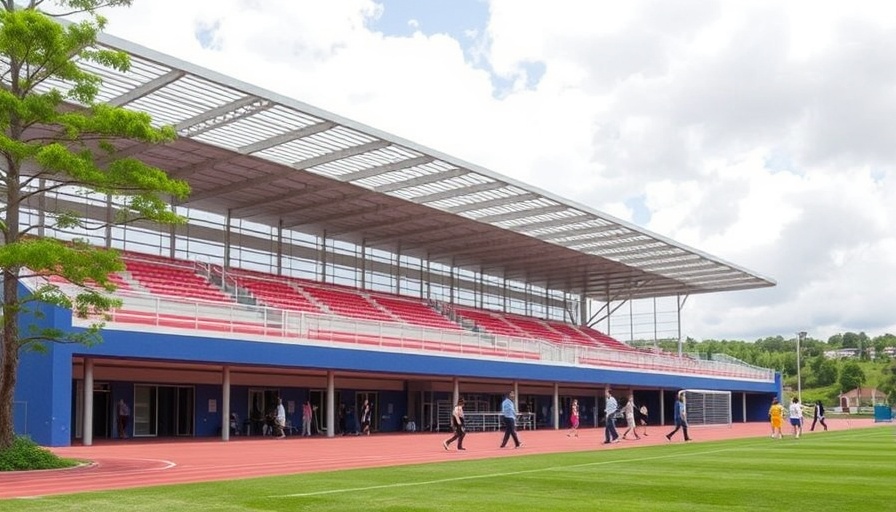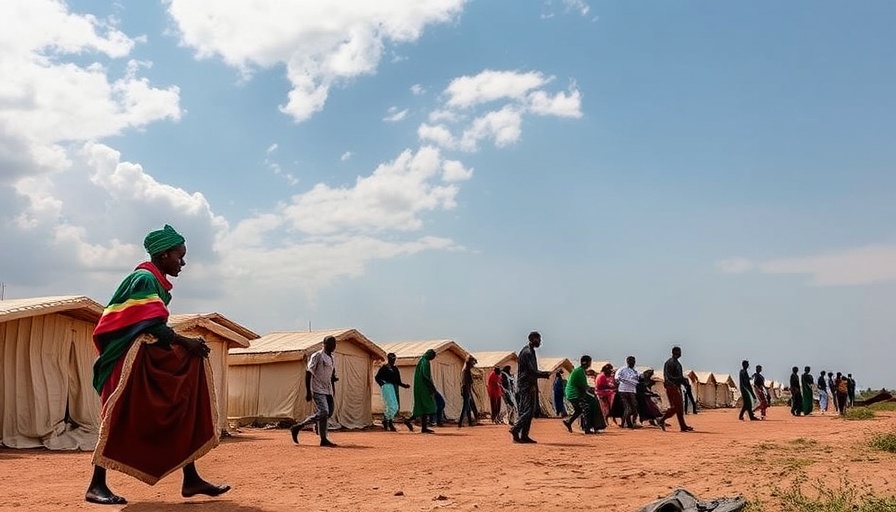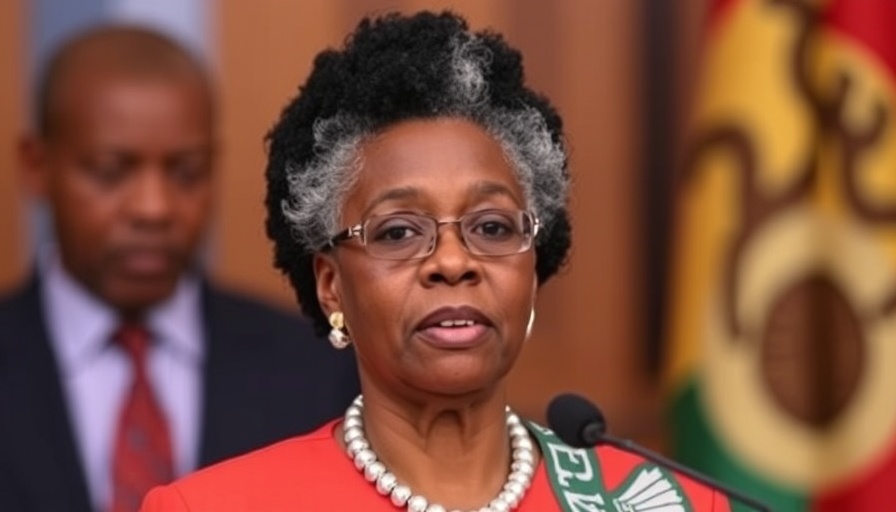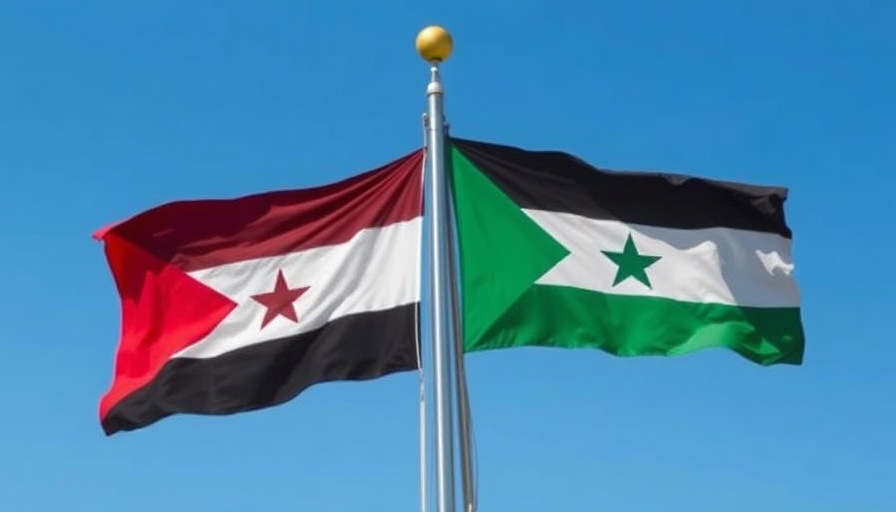
Kigali's New Sports Complex: A Game Changer for Rwanda
The recent opening of a state-of-the-art sports complex in Kigali, valued at $26 million, marks a significant milestone for Rwanda's socio-economic landscape. As the nation positions itself as a key player in regional and global economic affairs, this complex not only enhances athletic prospects but also aims to boost tourism and revenue streams.
The Economic Impacts of Sports Infrastructure
Investment in sports facilities has long been seen as a potential catalyst for local economies. The Kigali sports complex is expected to attract international sporting events, which can lead to increased visitor numbers and spending in the area. This bolsters sectors such as hospitality and retail while enhancing the country's image on the global stage. As policy makers plan for sustainable economic growth, this investment illustrates a commitment to infrastructure that supports broader economic initiatives.
Rwanda's International Image and Soft Power
By enhancing its sporting facilities, Rwanda seeks to improve its soft power. The country aims to present itself as a premier destination for international events, which not only encourages tourism but underscores Rwanda's commitment to building a vibrant public life. This initiative aligns with Rwanda's memberships in various international organizations, including its ambitions to harness opportunities through the African Union’s policies and its relations with BRICS nations.
Strategic Insights for Investors
Business leaders and investors contemplating opportunities in Africa should pay close attention to the implications of such initiatives. The Kigali sports complex represents more than just sports; it encapsulates the government's strategy to diversify the economy and invite foreign investments. Investors looking for avenues in Africa’s future economic landscape would do well to analyze ventures that engage with the growing digital economy and explore partnerships aligned with this broadened focus on infrastructure.
Final Thoughts: Catalyzing Further Growth
As the Kigali sports complex settles into its role, the potential for community enrichment and international recognition appears significant. Stakeholders, from policymakers to investors, must leverage this opportunity to further enhance Rwanda's modern economy and showcase the nation’s capabilities in hosting global events.
 Add Row
Add Row  Add
Add 


Write A Comment